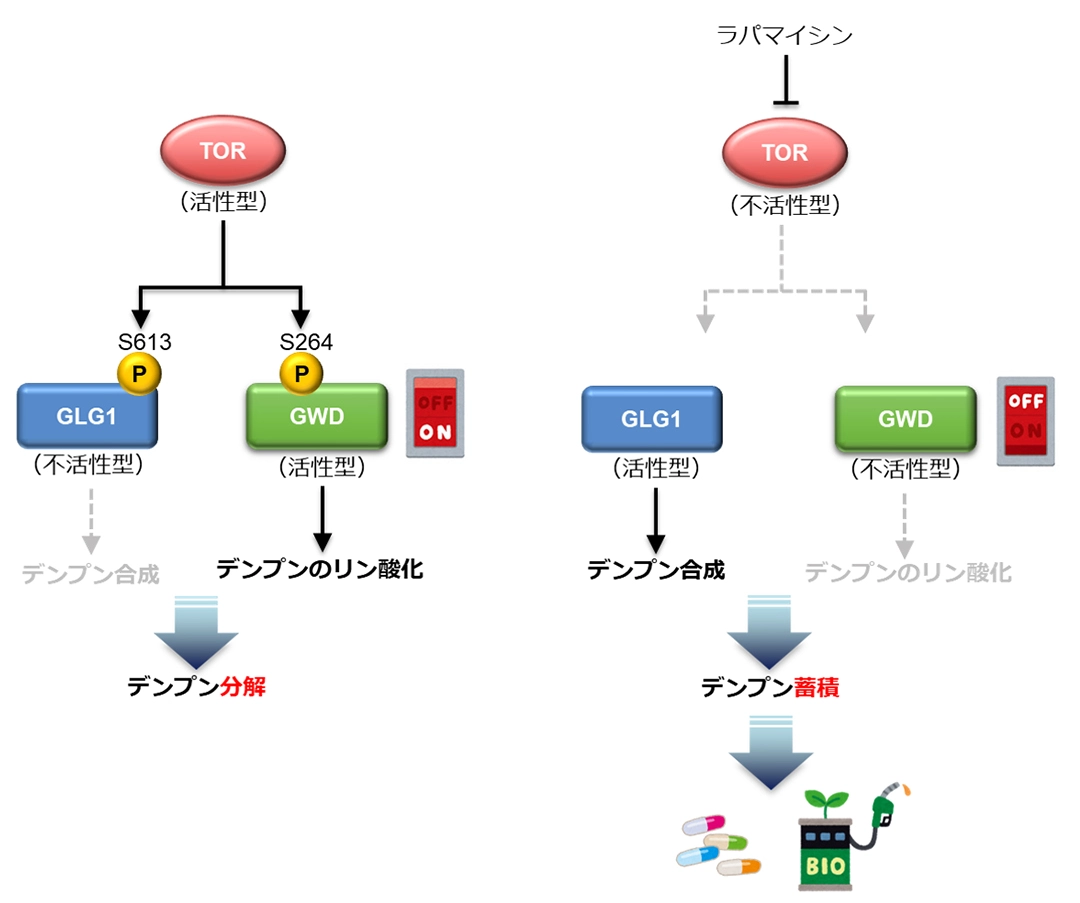2025-03-26 東京科学大学
<関連情報>
- https://www.isct.ac.jp/ja/news/zujkygevwe6x
- https://www.cell.com/cell-reports-medicine/fulltext/S2666-3791(25)00111-9
ACVR2Aの減弱は、肝細胞癌における制御性T細胞を惹きつける乳酸産生および解糖亢進状態に影響を与える ACVR2A attenuation impacts lactate production and hyperglycolytic conditions attracting regulatory T cells in hepatocellular carcinoma
Koya Yasukawa ∙ Shu Shimada ∙ Yoshimitsu Akiyama∙ … ∙ Yuji Soejima ∙ Minoru Tanabe ∙ Shinji Tanaka
Cell Reports Medicine Published:March 25, 2025
DOI:https://doi.org/10.1016/j.xcrm.2025.102038
Graphical abstract

Highlights
- ACVR2A inactivation increases LDHA and MCT4 expression, promoting lactate secretion
- Lactate recruits Foxp-3+ Treg cells, which evade CD8+ T cells and resist PD-1 blockade
- MCT4 inhibition reversed the sensitivity to immunotherapy
Summary
Although ACVR2A mutations are prevalent in non-viral hepatocellular carcinomas (HCCs), the underlying mechanism remains unelucidated. Our molecular investigation reveals that ACVR2A impairment induces hyperglycolysis through the inactivation of the SMAD signaling pathway. Using syngeneic transplantation models and human clinical samples, we clarify that ACVR2A-deficient HCC cells produce and secrete lactate via the upregulation of lactate dehydrogenase A (LDHA) and monocarboxylate transporter 4 (MCT4) expression levels, which promotes regulatory T (Treg) cell accumulation and then acquires resistance to immune checkpoint inhibitors. Remarkably, genetic knockdown and pharmacological inhibition of MCT4 ameliorate the high-lactate milieu in ACVR2A-deficient HCC, resulting in the suppression of intratumoral Treg cell recruitment and the restoration of the sensitivity to PD-1 blockade. These findings furnish compelling evidence that lactate attenuates anti-tumor immunity and that therapeutics targeting this pathway present a promising strategy for mitigating immunotherapy resistance in ACVR2A-deficient HCC.


